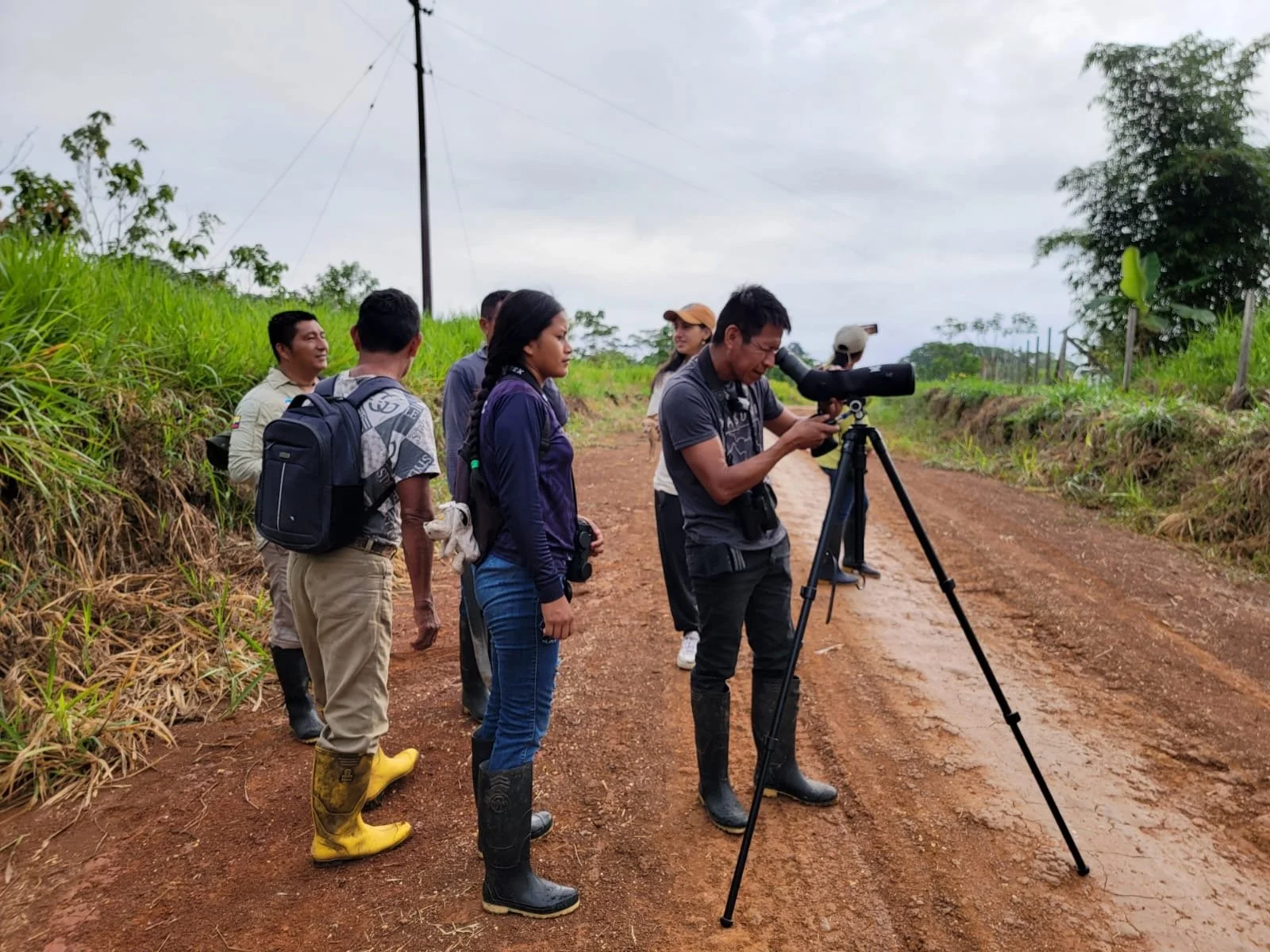Why we believe tourism is key to rewilding
Do you worry about the ecological impact of travelling? Are you nervous about the negative consequences of tourism to the local communities? Well, us too. But we also believe tourism is a key enabler of rewilding and it’s why we want to offer trips that support nature conservation projects. Here’s how we think about it.
1. Bringing additional funding to projects
10% of the trip revenue goes back directly to the rewilding projects we partner with. To put this into perspective, the funding we expect to generate in one year represents:
all expenses for Mossy Earth’s Wilder Reefs project for 3 months (incl. biologists salaries, equipment, fuel, boat maintenance)
or enough to entirely fund the removal of invasive eucalyptus trees in 25 Ha of land in Portugal
or about one third of the funding needed to reforest 25 Ha of land in Iceland
Basically, this money can unlock additional projects that we believe will far outweigh the carbon footprint of travelling.
2. We don’t believe in carbon offsets
Carbon offsets can be dangerous because they give a false sense of assurance: by buying £x of offset, you will get x tonnes of CO2e removed. However, reality isn’t that easy. You would need to guarantee that the trees are planted and that they reach their maturity, which is not always the case.
It also focuses solely on carbon, when we believe we must look at a bigger picture, we must restore biodiversity and complete ecosystems. Planting monocultures to capture carbon isn’t going to help the planet.
3. Tourism makes rewilding a viable source of income for local communities
As we hire local guides to run our trips, we create jobs for local communities and show them that protecting the forests can bring them as much revenue as cutting them. This is particularly relevant for the projects we fund in the Amazon, where we work closely with local communities and hire young local trainees to give them job opportunities that don’t hurt the planet.
4. Where possible, we encourage you to minimise your carbon footprint
Of course, flights have a disproportionate impact on individual carbon footprints. Flying is also a key part of climate’s social inequalities, as only 10% of the world population boards planes.
The carbon footprint of 1 km of travel is 246g for a domestic flight, 171g for a petrol car, 148g for a long-haul flights. In comparison, it’s 35g for trains and 27g for coaches (see source).
We invite you to opt for trains or buses to get to our trip destinations where possible, and to combine our trip with a longer adventure where not possible, so your flights are worth it. If you need our help figuring out the most carbon friendly route, don’t hesitate to contact us.
For the planet,
The Mossy Earth team


